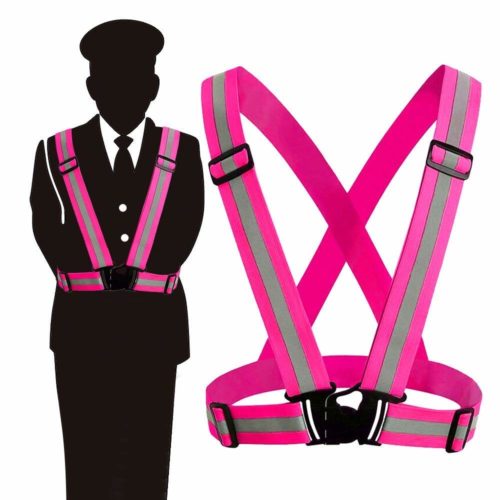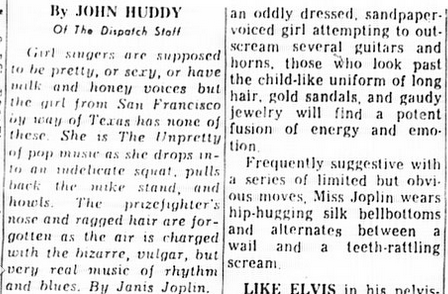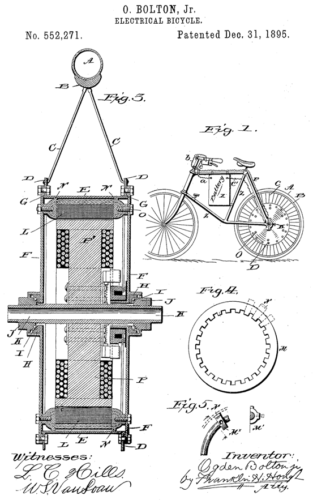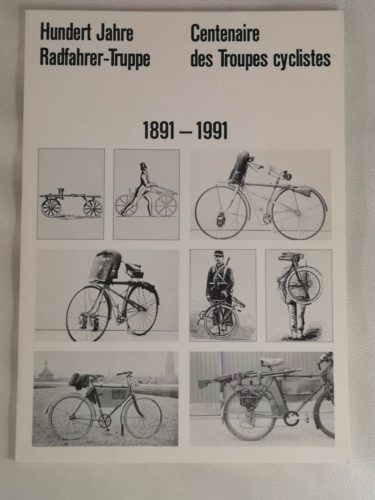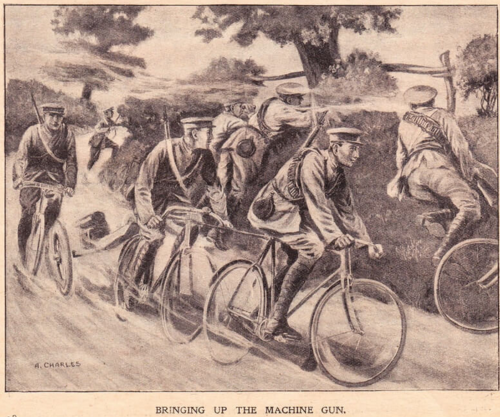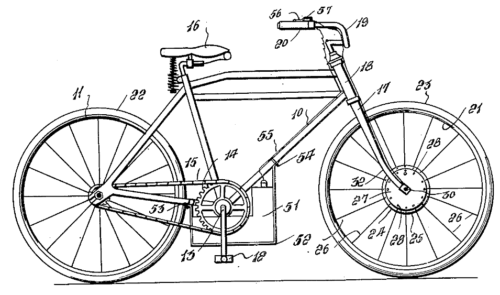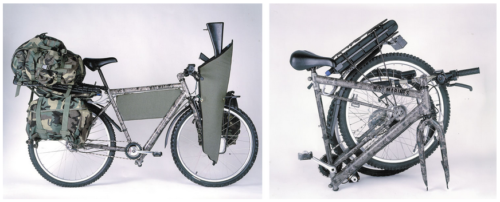From a new article aptly named “Why is so little known about the 1930s coup attempt against FDR?” comes this spotlight on American history:
Butler’s reputation was impeccable. He got rousing ovations when he claimed that during his 33 years in the marines: “I spent most of my time being a high-class muscle man for big business, for Wall Street and for bankers. In short, I was a racketeer for capitalism.”
Butler later testified before Congress that a bond-broker and American Legion member named Gerald MacGuire approached him with the plan. MacGuire told him the coup was backed by a group called the American Liberty League, a group of business leaders which formed in response to FDR’s victory…
The putsch called for him to lead a massive army of veterans – funded by $30m from Wall Street titans and with weapons supplied by Remington Arms – to march on Washington, oust Roosevelt and the entire line of succession, and establish a fascist dictatorship backed by a private army of 500,000 former soldiers.
Butler then gave a speech and published a book called War is a Racket.
Obviously the plot failed, mostly thanks to Butler. Execution of the traitors was also avoided, as the article concludes.
FDR struck a deal with the plotters, allowing them to avoid treason charges – and possible execution – if Wall Street backed off its opposition to the New Deal. […] FDR calmly urged Americans to unite to overcome fear, banish apathy and restore their confidence in the country’s future.
That’s an odd retelling, as it emphasizes FDR’s optimism as an antidote to rise of fascism, which is obviously not even close to being rational.
My issue with the article is related to its analysis that FDR was a centrist/peacemaker with couched language. He seems far more clever than that to me, and being kind to fascists is a known bad idea. I think it was more a case of enabling the US mob to physically fight the fascists, holding the police back to prevent coddling fascists, and taking assertive control over the press to push a ridicule and shame campaign on the fascists… all of which are a very different world than what the US faces today, meaning effective tools will not be so similarly used.
FDR wisely kept a distance and leaked the whole plot to the press, for example, generating a public tone of ridicule and making such a plot seem absurd (which tends to be kryptonite to fascism).
When an infamous show-boating General MacArthur was correctly fingered by Butler, MacArthur necessarily “laughed it off” to defend his already shaky reputation (as documented in Higham’s 1983 book “Trading with the Enemy, The Nazi — American Money Plot 1933-1949” page 164).
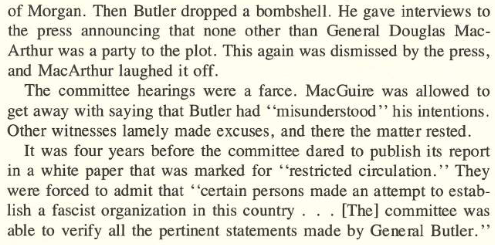
Others also wrote about this in detail long before now, such as Jules Archer back in 1973 including a long interview.
.. Sentinels of the Republic, financed chiefly by the Pitcairn family and J. Howard Pew. Its members labeled the New Deal ‘Jewish Communism’ and insisted ‘the old line of Americans of $1,200.00 a year want a Hitler’. […] Jules Archer sets forth some of the journalists who worked to expose the coup: Philadelphia Record journalist Paul Comly French (assigned to help cover the story as it was being revealed by General Butler); George Seldes (the venerable anti-fascist writer whose work has been accessed by Mr. Emory for decades, Seldes was an early and prolific writer about the coup attempt); John L. Spivak (another early anti-fascist writer who revealed that the report of the McCormack-Dickstein Committee contained key omissions about the coup plot). Sadly, the mainstream media did not give effective coverage to the coup attempt—in fact they helped to cover it up. Jules Archer cites The New York Times and Time as two of the many publications that exercised willful censorship of the coverage of the coup plot. It is also worth noting that American academia has also remained largely oblivious…
George Seldes famously wrote about Butler, the press and this coup in his 1947 book called “One Thousand Americans“, highlighting the significance of FDR taking on Hearst’s pro-Nazi empire, establishing the FCC and breaking the grip of platform monopolies that poisoned American news markets.
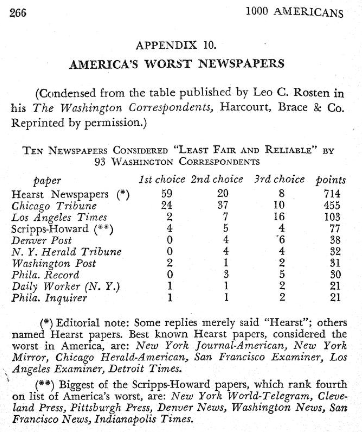
Details of an oligarchic group attempting the coup, and what worked best, unfortunately are still sketchy at best since the Congressional committee charged with investigating… purged large amounts of the records. I guess you could say it was kind of like how President Bush behaved deleting tens of millions of records between 2003 and 2009.
We mostly know the 1933 coup plot was foiled by heroism of Butler, who already was regarded as an American hero many times over. And yet the key plotters walked away unscathed and went on to continue the fight. The BBC accounting, for example, allege the Bush family (Prescott Bush, father of George) was heavily involved with promoting fascism and backing a coup en route to seating two generations of their family in the White House.
Related: “The US Coup Was 2016”

